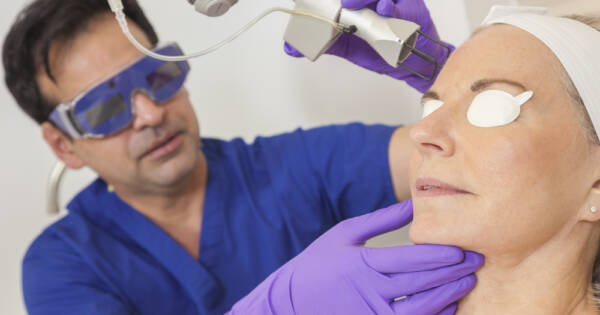Macular degeneration is a prevalent age-related eye condition impacting central vision, predominantly affecting individuals over 55. Learn about key aspects of both dry and wet forms, their risk factors, and the crucial role of lifestyle choices in managing the condition. With a focus on prevention, early detection through regular eye exams, and understanding symptoms, discovering strategies to preserve vision and maintain quality of life becomes essential.
Understanding Macular Degeneration: Are You at Risk?
Macular degeneration is a common age-related eye condition that primarily affects individuals over the age of 55. This condition is characterized by the deterioration of the macula, the part of the retina responsible for central vision, making tasks like reading or driving exceedingly difficult.
There are two main types of macular degeneration: dry (atrophic) and wet (neovascular) forms. While dry macular degeneration progresses slowly with drusen, or protein deposits forming beneath the retina, wet macular degeneration is severe as abnormal blood vessel growth leads to rapid vision loss through leakage and bleeding in the retina.
Identifying Risk Factors: Are You Vulnerable?
Several risk factors can influence the development of macular degeneration. Age remains the predominant factor, with one-third of adults over the age of 75 affected by this condition. Genetics also play a crucial role; individuals with a family history of age-related macular degeneration (AMD) stand a higher chance of developing it.
Lifestyle choices such as smoking and poor diet significantly increase risk, with smokers twice as likely to develop AMD due to oxidative damage to the retina from impaired oxygen delivery. Ethnicity also contributes, as those of white descent are more predisposed to AMD compared to other ethnic groups due to genetic factors and pigmentation differences.
Preventive Measures: Taking Control of Your Eye Health
Although macular degeneration cannot be cured, several steps can be taken to prevent its development or slow its progression. Quitting smoking is of utmost importance, as smoking doubles the risk of AMD.
Maintaining a healthy lifestyle through regular physical activity, controlling blood pressure, and consuming a balanced diet rich in fruits, vegetables, and omega-3 fatty acids can mitigate the risks associated with this condition. A Mediterranean diet, in particular, is known to be beneficial in controlling blood pressure and cholesterol levels, both of which are key contributors to eye health and comfort.
Importance of Regular Eye Examinations
Regular eye exams are vital in detecting macular degeneration, especially since early AMD is usually asymptomatic. Comprehensive dilated eye exams may identify the presence of drusen or other changes indicative of the condition long before symptoms become apparent.
For more detailed analysis, techniques like Optical Coherence Tomography (OCT) can be used to get detailed images of the retina’s internal structure. Moreover, free exams are available through programs like EyeCare America, specifically for individuals aged 65 and older, emphasizing the importance of regular eye check-ups in early detection.
Recognizing and Managing Symptoms
Early recognition of AMD symptoms is crucial for effective management. Symptoms vary between types, with dry AMD often causing gradual vision decline while wet AMD results in rapid central vision loss. Symptoms of wet AMD include visual distortions, difficulty in low light, and trouble recognizing faces.
Medical interventions like anti-VEGF injections and photodynamic therapy can help manage wet AMD, preventing further vision deterioration when identified early. Additionally, vision rehabilitation and support services contribute significantly to maintaining quality of life, empowering individuals to remain independent despite their condition.
Why You Should Learn More About Macular Degeneration Today
With macular degeneration being a leading cause of severe vision loss among older adults, understanding the risks and preventive measures is critical. Awareness of the factors that contribute to its development allows individuals to make informed lifestyle choices that promote eye health.
Regular eye examinations and timely intervention can preserve vision, reduce progression, and maintain overall quality of life. It is imperative for those at risk to stay informed, recognize early warning signs, and consult with healthcare professionals to effectively manage this condition.




